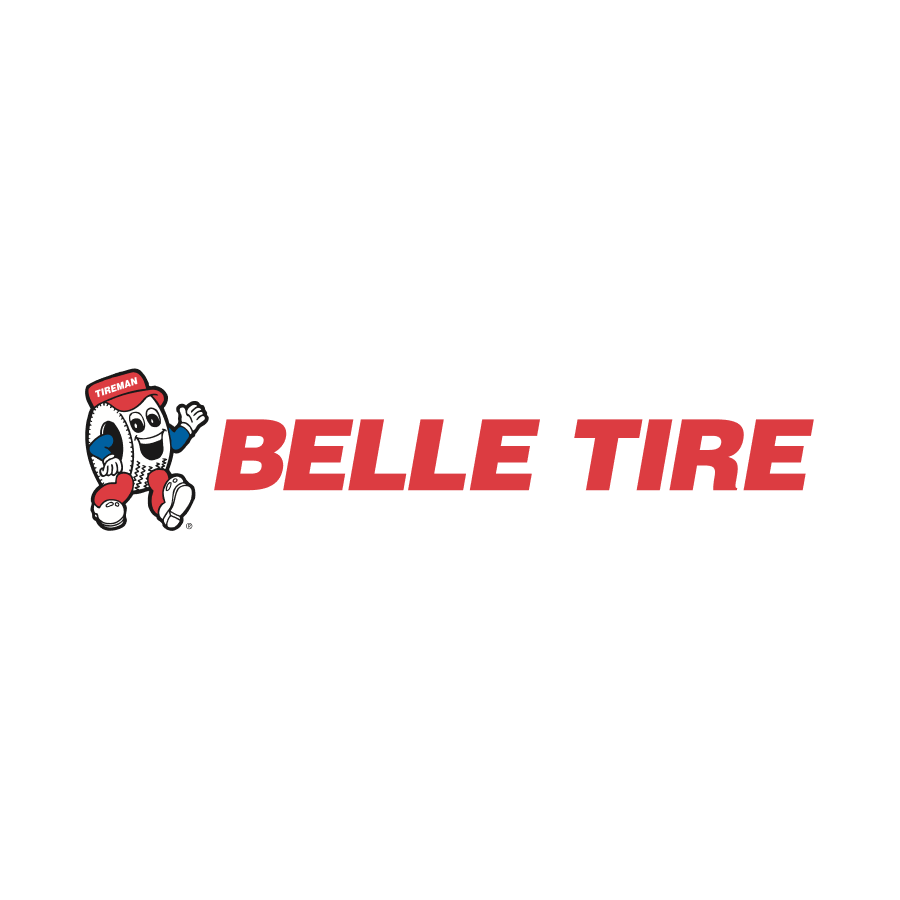Background
Belle Tire is a family-owned tire retailer with over 100 locations across Michigan, Northern Ohio, and Indiana. In addition to selling tires, the company offers a variety of automotive repair services to customers.
The President of Belle Tire, Don Barnes, sensed an opportunity to improve staffing in Belle Tire’s retail locations. He recognized stores frequently encountered times when they were overstaffed with insufficient work to keep employees engaged. Likewise, locations experienced other periods with high workload and insufficient numbers of staff. The fluctuations in demand made it difficult to predict the right number of people needed at the right time to match the incoming workload.
Don engaged RXA, a leader in applied artificial intelligence and analytics, to find a better way. The subsequent journey led to dramatic business improvements for Belle Tire and the creation of Weave Workforce, a labor optimization company providing AI-based forecasting and workforce scheduling to match fluctuating demand for any service-oriented business.
Approach
To solve the problem of frequent overstaffing and understaffing, the RXA and Weave Workforce teams set out to develop a predictive model to forecast when demand will occur and propose a schedule to meet that demand. To meet this goal, the teams applied a systematic approach: define the objective, complete data discovery sessions, and develop and deploy the solution.
Objective
Belle Tire engaged RXA and Weave Workforce to obtain tools to forecast demand for their hourly technicians at its retail locations. The team worked collaboratively with Belle Tire to define the following objectives:
- Improve retention of tire technicians to drive career pathing and long-term employee stability.
- Deliver work/life balance for employees.
- Make part-time employment more viable.
- Reduce labor costs.
Data Discovery
To meet these objectives, the team began by spending time with Belle Tire leaders, visiting shops in the field and witnessing the challenges firsthand. In addition to manager and executive interviews, this allowed them to understand Belle Tire’s business processes and document all findings in an Analytics Plan.
Analytics Plan Highlights
- Business Initiative – Reduce Bottom Line Expenses
- Business Problems – Employees are on the clock and underutilized
- Business Measure – Hourly labor utilization
- Business Outcome – Reduction in labor expense
Solution Development and Deployment
RXA and Weave utilized internal and external data sources and combined these with the knowledge gained during the discovery period to develop a data structure schematic and modeling dataset. The model was then trained, and data performance validated until it predicted demand with a high level of accuracy.
A live version of the scoring and reporting model was tested in pilot stores chosen to provide a representation of store attributes before being implemented across the organization.
Pilot Phased Approach Details
- Phase One: Implement the staffing optimization plan across eight initial stores for 4-6 weeks
- Phase Two: Expand the pilot to include another twelve stores after 4 weeks, running for an additional 6 weeks.
- Phase Three: Implement across the remaining stores.
Business Results
Business results were recognized across the entire Belle Tire organization and a new weekly process was developed to leverage business success. Managers provided positive feedback, stores recognized a significant reduction in labor costs, and the overall retention and work/life balance of hourly technicians improved.
Manager Feedback
“We haven’t been running behind.”
“I never have extra bodies or am short staffed.”
“I think it’s spot on.”
“I’m trying to follow it as much as I can.”
Initial Impact – Labor Savings
Belle Tire realized a 14% reduction in hourly labor costs and an increase in same store sales of 2.1%, resulting in an increase in same store EBITDA of 8.4%. At the same time, Belle Tire maintained a Net Promoter Score of 75, exhibiting preservation of their historically exceptional customer experience.
Over the two months that followed the implementation, the staffing levels in one store dropped from a 17% overage to a 10% overage, for a savings of 919 hours over 8 weeks.
Weekly Process
Belle Tire’s customary weekly scheduling process was modified slightly to use the new solution: The latest time clock and order track data is loaded into the system each Sunday, and the system scores the data each Monday morning. The recommended schedule is then transmitted to each store manager. The manager continues to provide feedback on staffing levels to continuously update and improve the business rules for the system.
Conclusion – What’s Next?
This issue of inconsistent staffing is not unique to Belle Tire. Weave Workforce was established to continue to enhance the workforce prediction and scheduling system into a product that can be easily deployed to any service-oriented business. Because, for businesses with fluctuating demand experiencing symptoms of overstaffing and understaffing, there is a better way.



